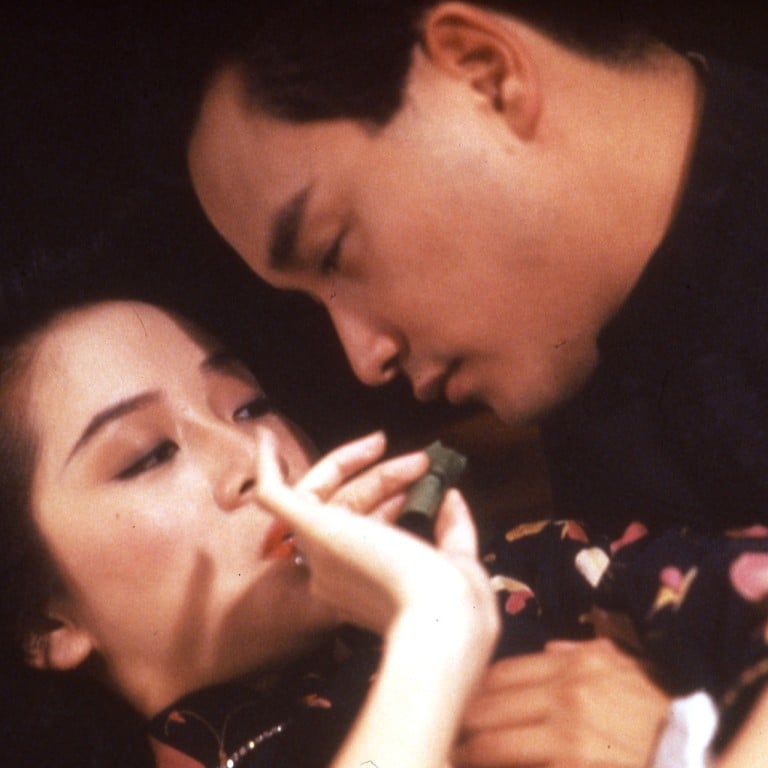
‘Leslie Cheung was a man ahead of his time’: 20 years after the death of Hong Kong actor-singer, his cultural legacy and how he broke gender norms
- On the 20th anniversary of the pop and movie star’s suicide, we look back at Leslie Cheung’s rise to the top and his charisma and consider his cultural legacy
- Cheung helped push Cantopop to new heights, starred in dozens of films and openly embraced his bisexuality; today he is acknowledged as a queer fashion icon
Twenty years ago, Hong Kong pop and movie star Leslie Cheung Kwok-wing took his own life. Some didn’t believe it at first – it was, after all, April Fools’ Day when the news broke.
Cheung’s career began in 1977, when he was first runner-up in that year’s Asian Music Contest with his rendition of Don McLean’s American Pie, and lasted 26 years until his untimely death. He released more than 40 music albums and appeared in 56 films.
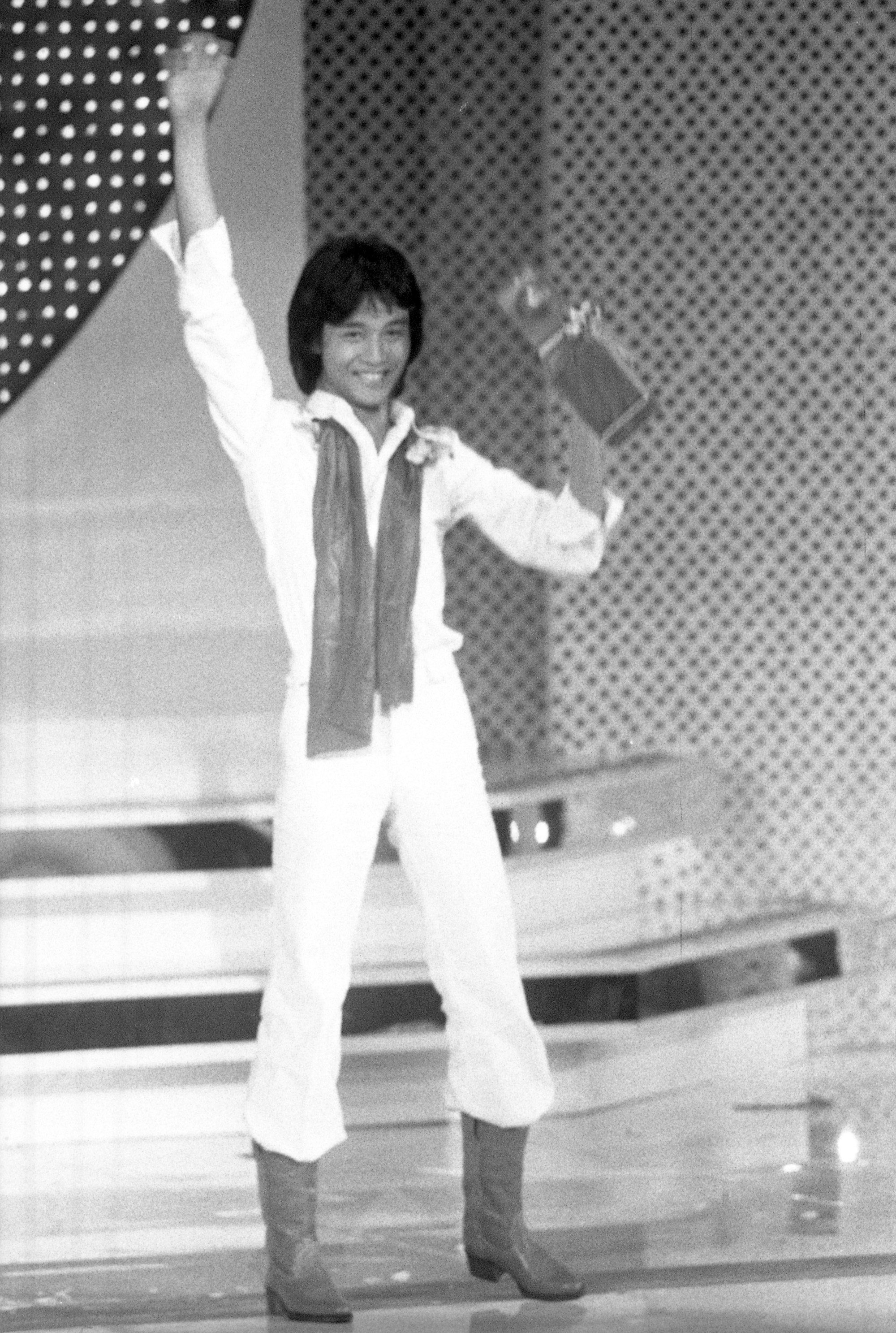
He helped push Cantopop to new heights in the 1980s, scoring hit after hit. Some of his releases were Chinese adaptations of Japanese pop tunes, which was the trend at the time, and some were original compositions.
In the 1990s, Cheung received widespread acclaim for his portrayals of either womanising or queer characters on screen. This was during a time when Hong Kong was still relatively conservative towards non-heteronormative identities.
Leslie Cheung celebrated in Hong Kong: rare items to be exhibited for 1st time
Despite being widely recognised now as a queer fashion icon, his flamboyant and controversial looks on stage were not always appreciated when he performed.
“He was quite sad about the incident when we discussed it afterwards; but at the same time, it became his motivation to work even harder to gain respect in show business.”
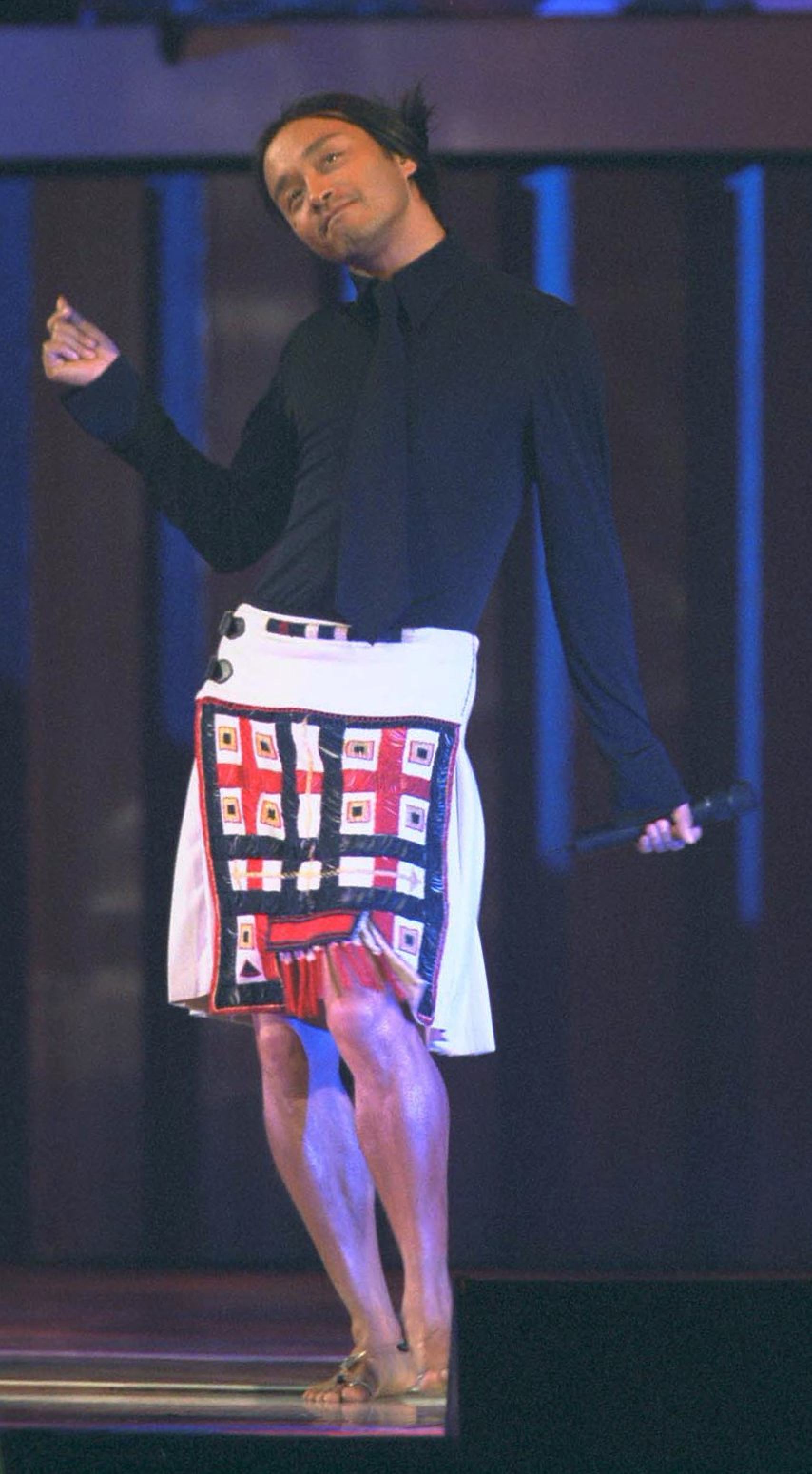
He donated all the profits from his 1989 platinum-selling album Salute to the Hong Kong Academy for Performing Arts. Following his death, his family set up the Leslie Cheung Memorial Scholarship at the institution to help encourage outstanding students and support those from lower-income backgrounds.
Asked about Cheung’s abiding legacy, Kwan says: “With the remastered version of Rouge coming out recently and re-watching the film on the silver screen, it felt like he and Anita Mui had never left us; as if just a week ago we shot Mui, and two weeks ago we shot Cheung.
“The communication, chemistry and collaboration between the two were exquisite, which I found enjoyable and inspiring.”
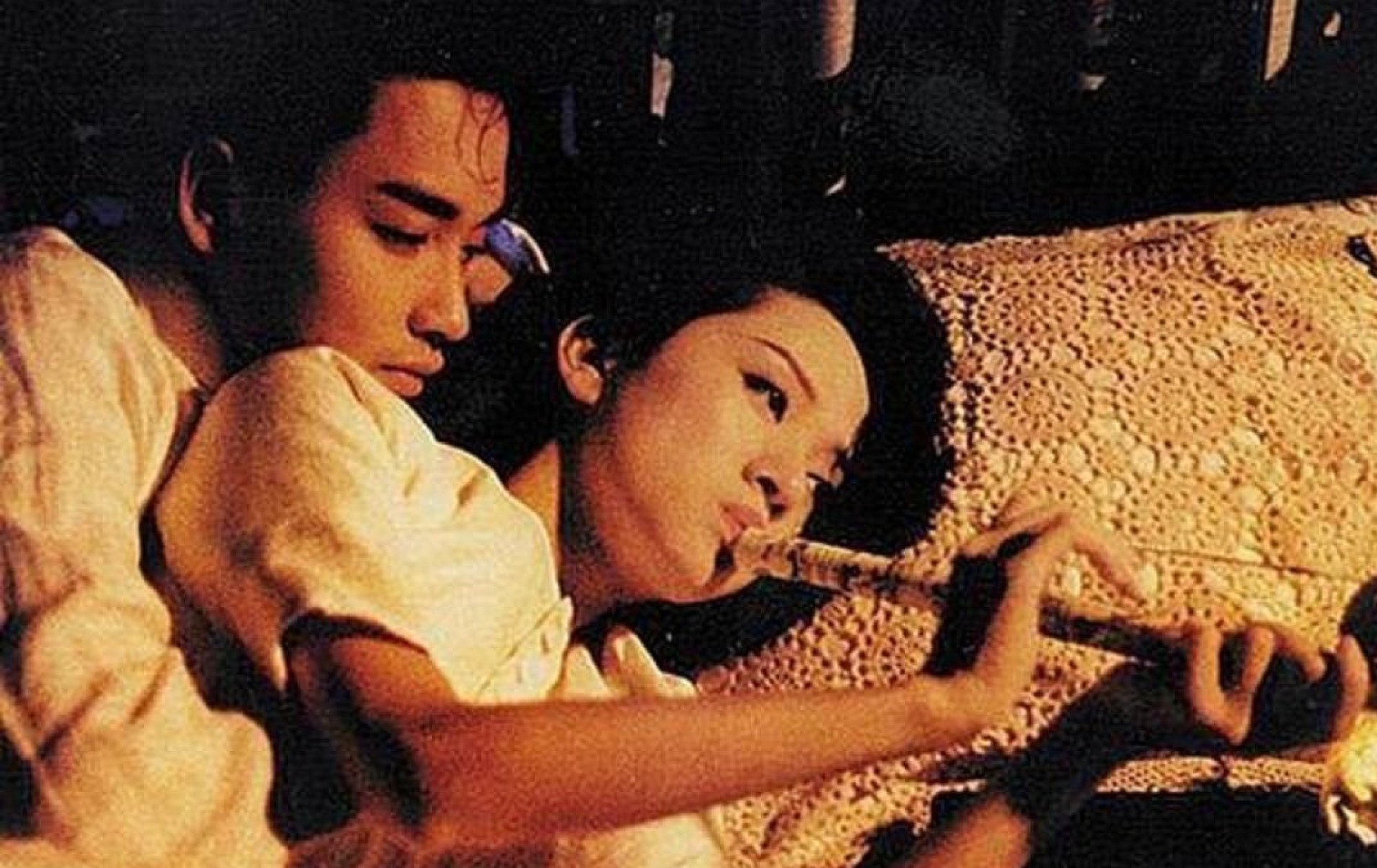
Cheung took a break from his singing career between 1989 and 1995, but that did not mean he stayed away from music. For the gender-bending 1994 film He’s a Woman, She’s a Man, he worked on “Chase”, a track that won him best original song at the 1995 Hong Kong Film Awards.
“My biggest impression of Cheung and our interaction is when we did the score for He’s a Woman, She’s a Man,” recalls Chiu Tsang-hei, a music producer who worked on the film.
“At that time, he had already quit his career as a singer; but, in my opinion, this was the film that inspired him to sing again – or one of the reasons.
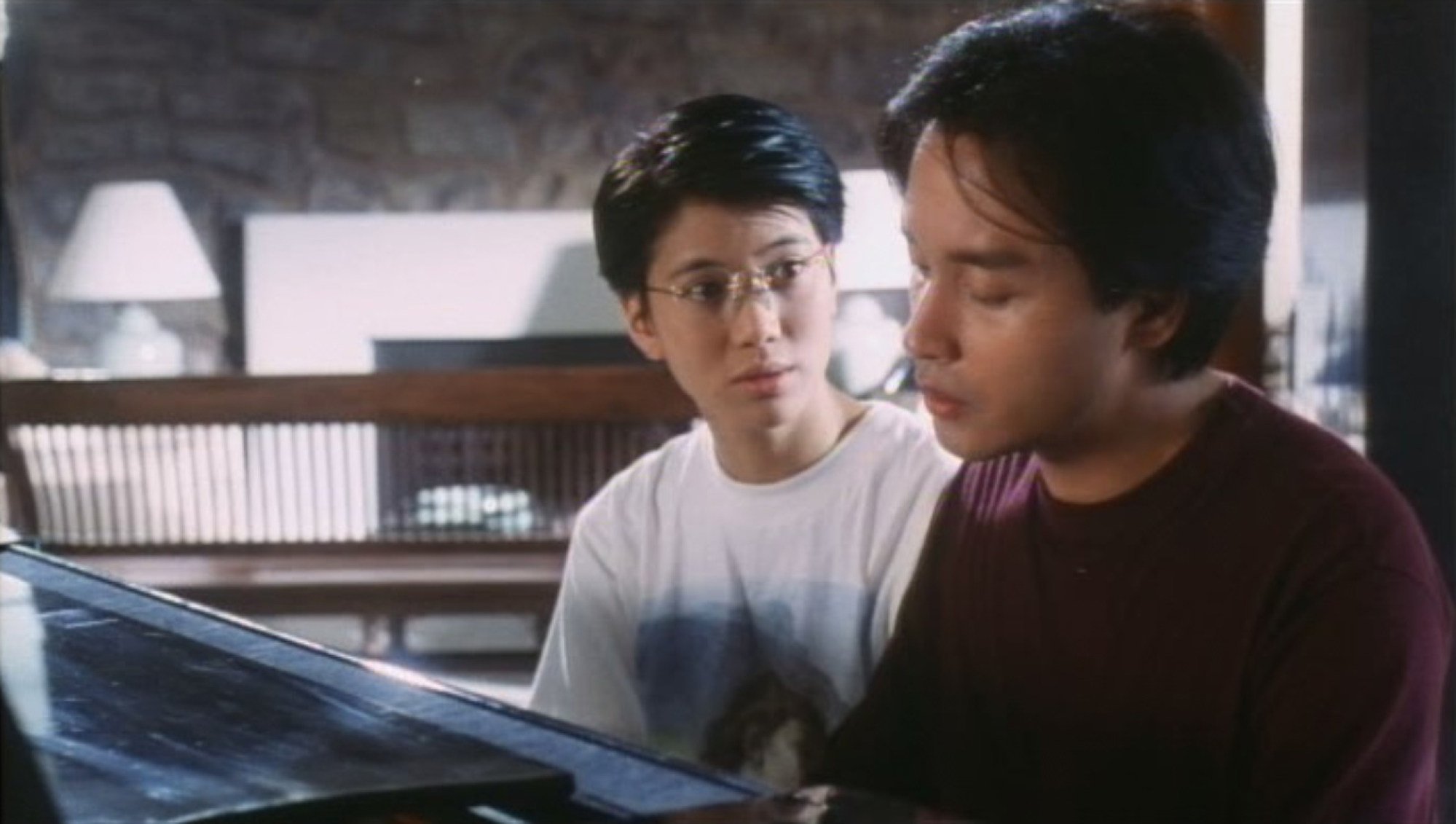
“I was on the piano while he was recording the sound on the spot, very similar to how the scene played out. Watching it all happen was exhilarating, and the outcome was especially magical to me,” Chiu says.
Hong Kong’s Tony Leung to receive lifetime achievement award at Venice Film Festival
Among the many artworks on show at Tai Kwun’s “Myth Makers – Spectrosynthesis III” exhibition, which ends on April 10, is Oscar Chan Yik-long’s You just suck my soul without any hesitation (2022), a painting inspired by a scene in the film in which Cheung kisses Leung from behind.
“People praised Leung a lot for acting as a gay character in the film, but I think Cheung was just as good. In my opinion, it was the public’s limited view on [heteronormative] stereotypes which led to more praise for Leung rather than Cheung.
“I remember watching one of Cheung’s performances in the late ’90s as a child and thinking that [his cross-dressing] was so cool. It doesn’t matter what my own sexual orientation is, but his long hair and androgynous looks of sexual fluidity were universally inspiring,” explains the artist who, similarly, sports straight black hair that is lusciously long.
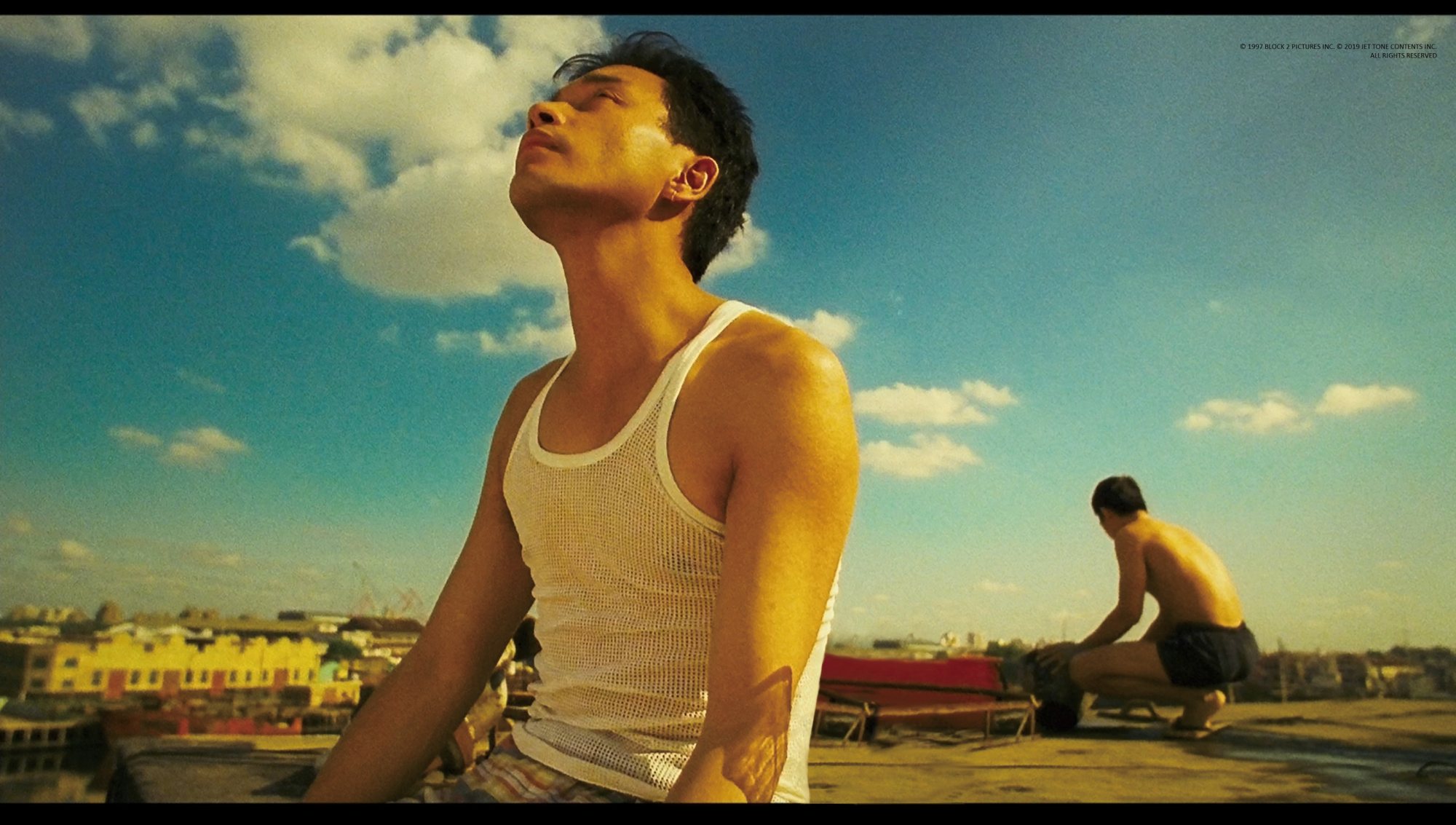
In 2000 and 2001, Cheung collaborated with French haute couture designer Jean Paul Gaultier on costumes for his Passion Tour concerts in Hong Kong and overseas that drew attention to the singer’s androgyny. It was a bold stance to publicise his nonconforming gender identity alongside his bisexuality.
“As such, Leslie was not only a trailblazer but also a driving force in making Hong Kong’s LGBT+ community more visible at that time. And the enduring legacy is that one should be proud of who they are, irrespective of sexual orientation and gender identity.”
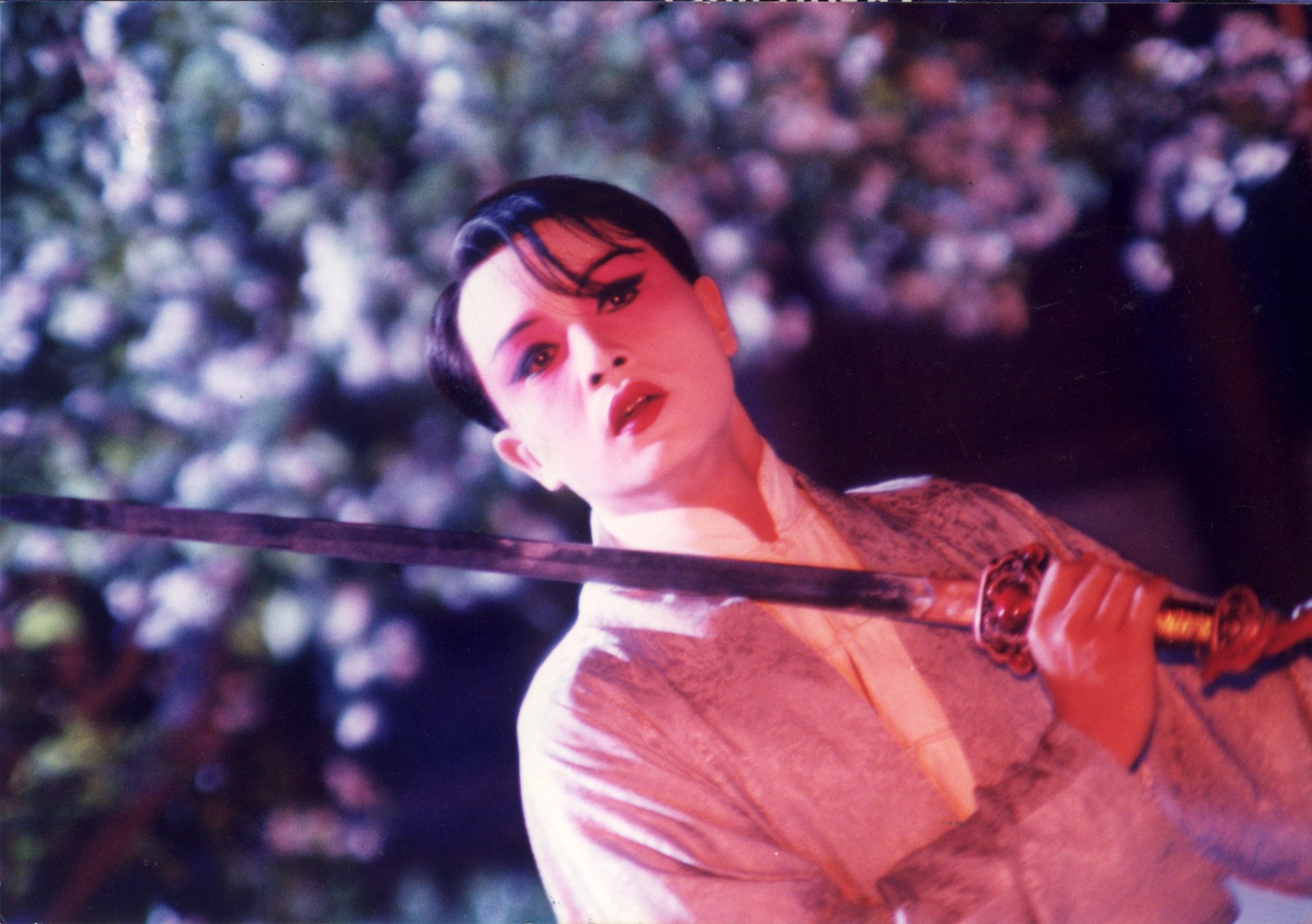
Cheung would have been 67 this year. His suicide has, over the past two decades, helped raise public awareness of the importance of mental health.
According to Professor Paul Yip Siu-fai, director of the Hong Kong Jockey Club Centre for Suicide Research and Prevention at the University of Hong Kong, the local suicide rate in 2003 was around 18.6 deaths per 100,000 people, the highest recorded to date.
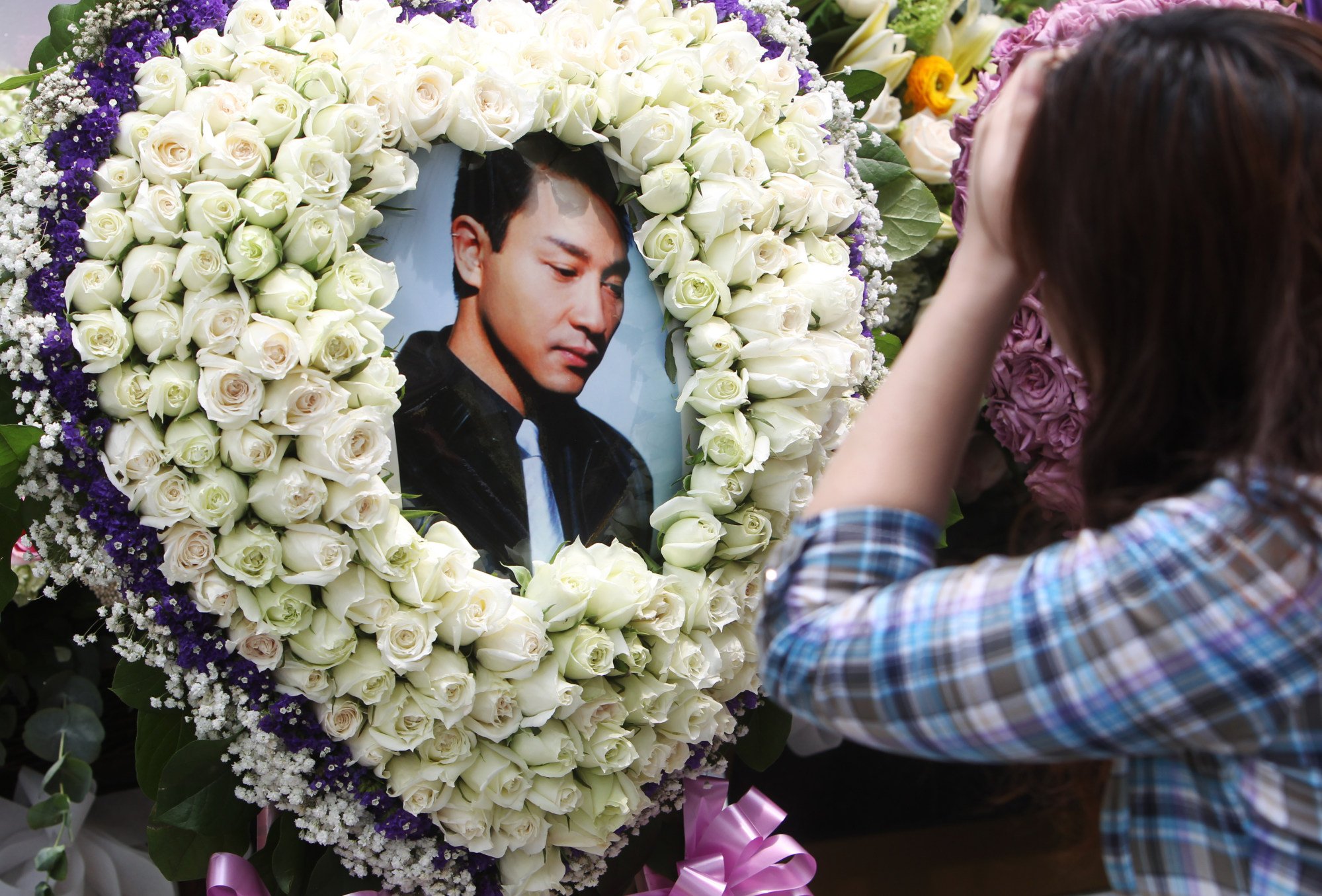
“In the past 20 years, our society’s view of mental illness has improved. The news reporting of Cheung’s death was rather sensationalised, but nowadays, the media has an improved view of mental illness and suicide attempts.
“It’s not as taboo as before, but a stigma remains. There is still not enough support for people with depression,” Yip says.
“This is where the government needs to come in and take initiative to address the issue at hand. Oftentimes government officials claim they will do something to improve [the city’s mental health], but lack follow-up. We need more services to help those struggling.”
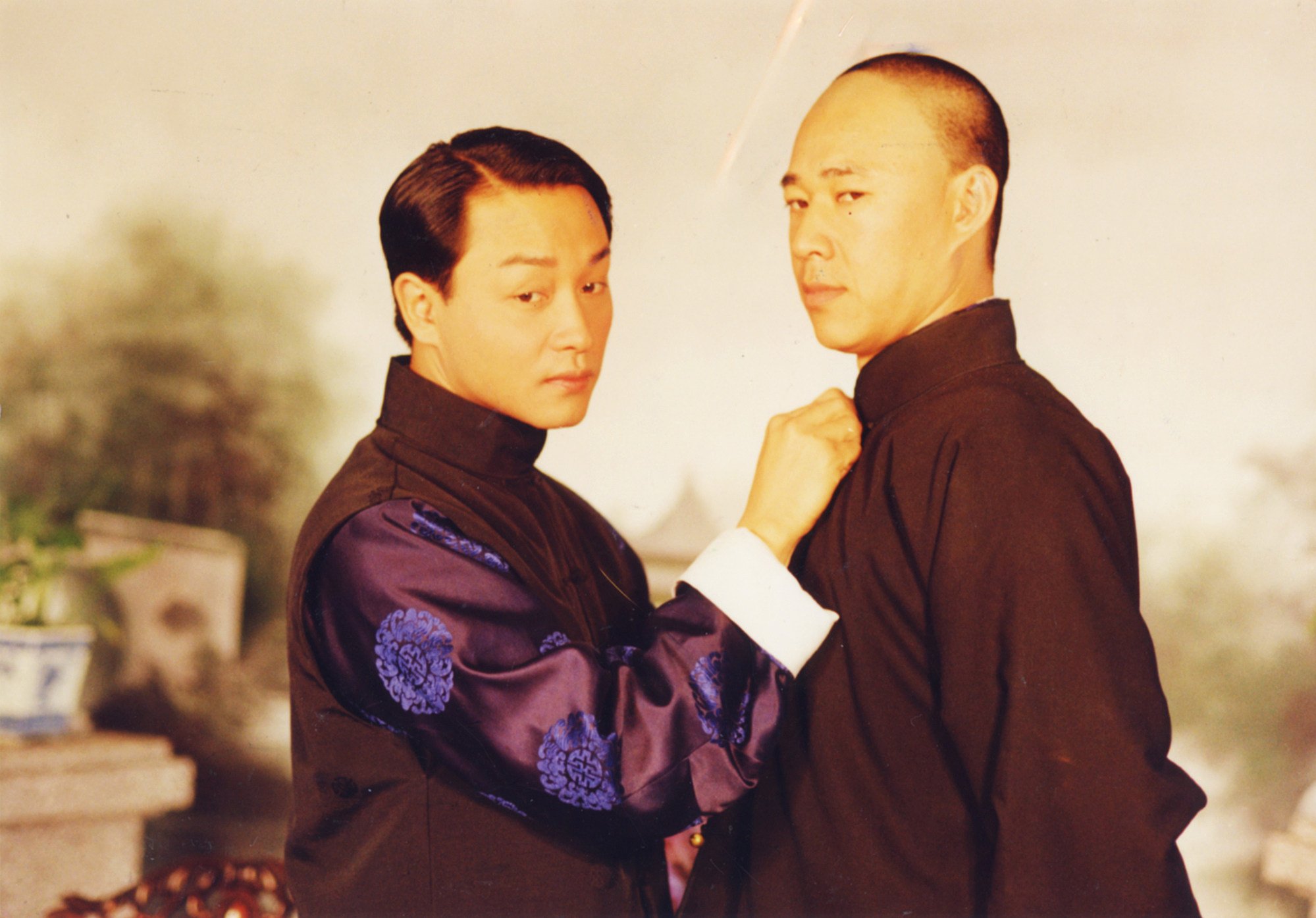
During a 1985 telecast of the Jade Solid Gold Best 10 Awards Presentation, Cantopop singer Ken Choi Fung-wah took a jab at Cheung, likening his meteoric rise to “a moment of brilliance” that “won’t last forever”.
History has, to date, proved otherwise.

